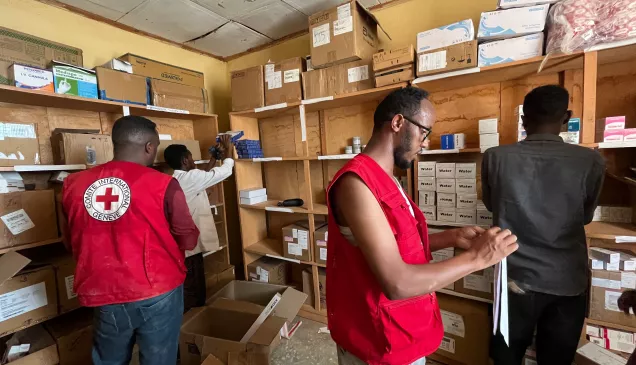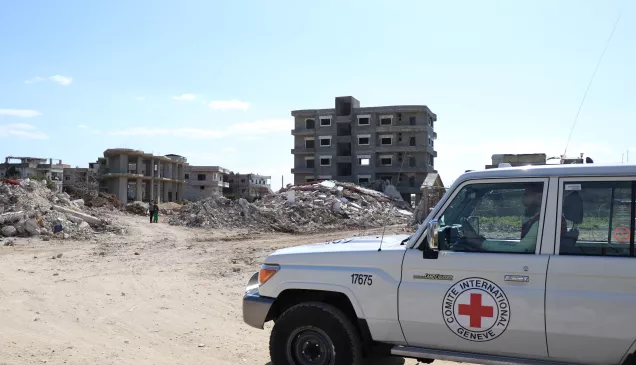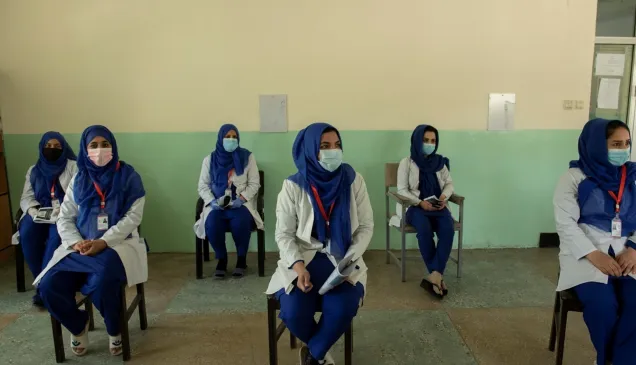Papua New Guinea: Two midwives passionately work to reduce maternal and infant mortality
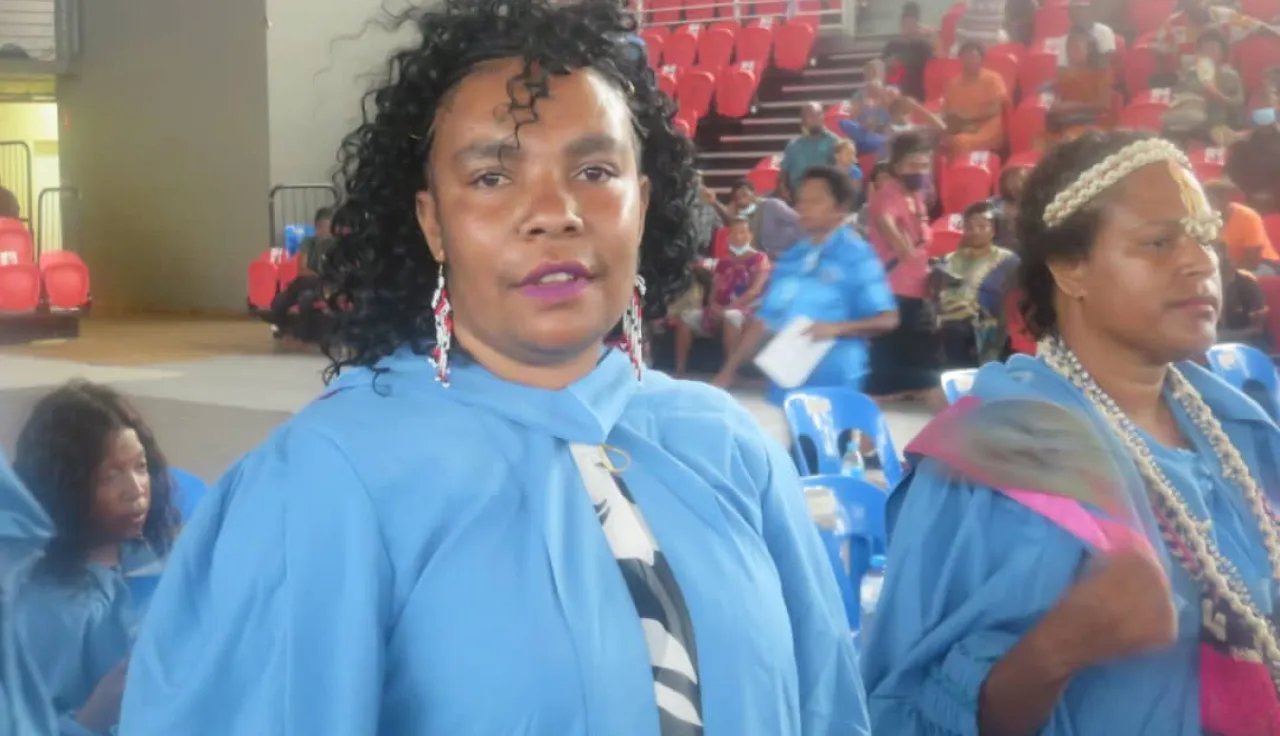
Joanne Nanguhori is from East Sepik and Jinny Mombu from Southern Highlands, but they share the same passion – to take care of the sick and the vulnerable. This desire to heal led them both to pursue studies in nursing. While Joanne graduated in 2000 from Kudjip School of Nursing, Jinny completed her studies from Mendi School of Nursing in 2018.
Joanne's work with rural health facilities brought her face to face with the realities of maternal and infant mortality. The ghastly experiences sunk deep within her. She recalled a moment,
I was helping out in the maternity ward when a heavily pregnant woman was brought in. She died soon after due to loss of blood, but the scene stayed with me.
Growing up in the village, Jinny saw the difficulties that women in her village faced during pregnancy and childbirth. The situation hadn't changed much even years later when she joined as a volunteer nurse for a short stint at the Pombreal Health Centre in 2018. Mothers and babies were still losing the battle during pregnancy and childbirth.
Though eager to help more, it was not until 2018 that they came to know about the joint sponsorship program between the International Committee of the Red Cross (ICRC) and the Southern Highlands Provincial Health Authority that supports nurses pursue higher studies in midwifery. Sensing the opportunity to develop their midwifery skills, both Joanne and Jinny immediately sent in their applications.
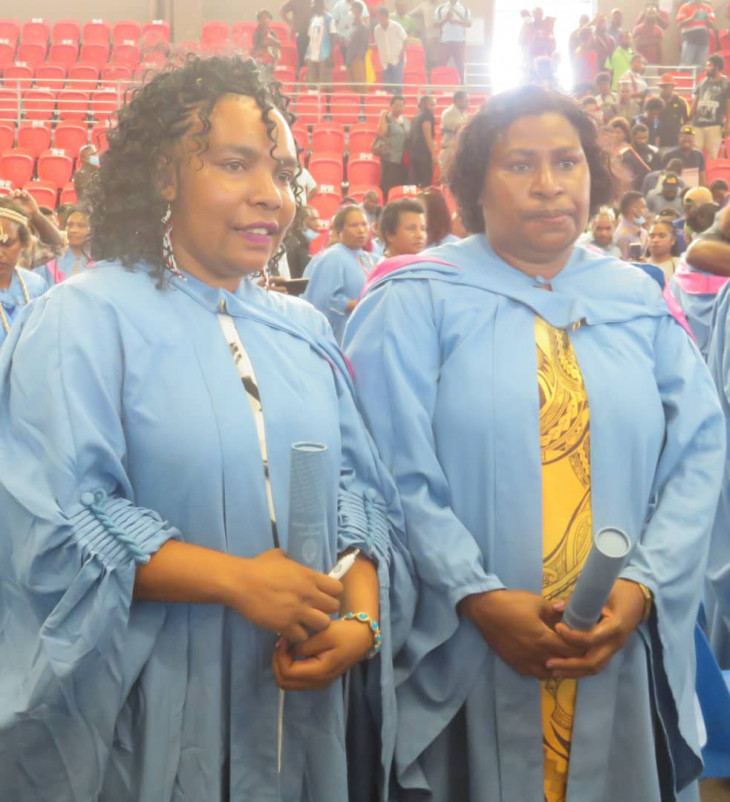
From left to right, Jinny Mombu and Joanne Nanguhori graduating with a bachelor in midwifery studies from the University of Papua New Guinea
In 2019, they were selected to do a bachelor's degree in midwifery studies at University of Papua New Guinea and successfully graduated in November 2020.
Saving even one life – whether it's the mother or the baby – is very gratifying. We will retire to our graves knowing we have contributed to lowering the mortality rate of mothers and infants during pregnancy
Papua New Guinea has one of the highest maternal and infant mortality rates in the world. According to the World Health Organization, for every 1,000 births, as many as 24 babies and nine mothers lose their lives. Many of these deaths are preventable.
The PNG Government, through the National Department of Health, rolled out of midwifery courses across five universities in the country with an aim to help as many as a hundred specialist nurses graduate in midwifery every year.
According to Lillian Temo, coordinator of Midwifery Studies at the Medical Faculty of University of Papua New Guinea, the high tuition and lodging fees often hinders many from applying or completing their studies. Ms Temo added,
Without specialized nurses, birth complications and dangers associated with pregnancy can go undetected, resulting in deaths. If we can have one midwife per health facility across the country, we can save more lives and improve the current statistics.
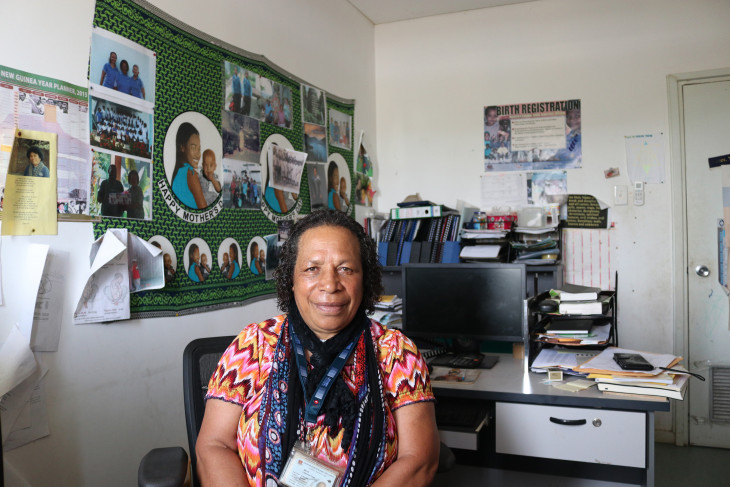
Lillian Temo, Coordinator of Midwifery Studies at the Medical Faculty of the University of Papua New Guinea, CC BY-NC-ND/ICRC/Winnie Monouluk
In 2019, the ICRC partnered with provincial health authorities to support the training of qualified midwives in the country. This sponsorship covers the tuition and lodging fees, provision of material like textbooks, medical instruments like a thermometer, blood pressure machine, stethoscope, return airfares, graduation gown and airfares to attend graduation. The provincial health authorities cater for the salary and other expenses during placement exercises.
The first-of-its-kind program by the ICRC in PNG has seen five nurses – Pricilla, Myrtel, Janeth, Joanne and Jinny – get trained and work as qualified midwives in five health facilities in Bougainville, Hela and Southern Highlands province. Another three nurses are currently undergoing studies and are likely to complete the midwifery course by 2021.
The scholarship program was created to support PNG government's major aim of enabling more pregnant women to access services of qualified midwives, increase the number of midwives to provide quality antenatal care and safe deliveries and contribute to reducing maternal and infant mortality rates in PNG. The ICRC hopes to sponsor more midwives for the next batch of the program.

